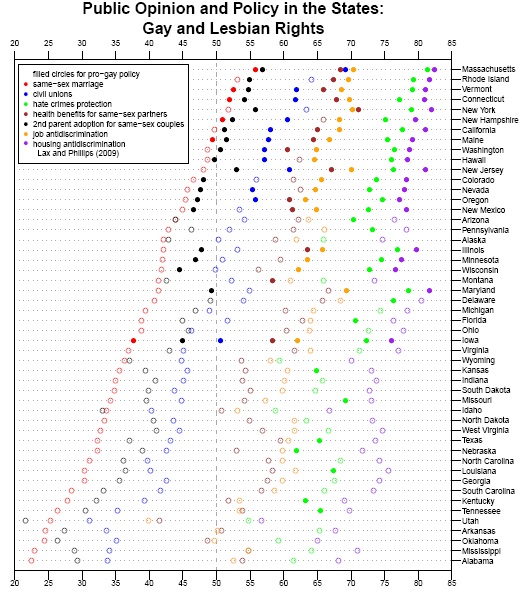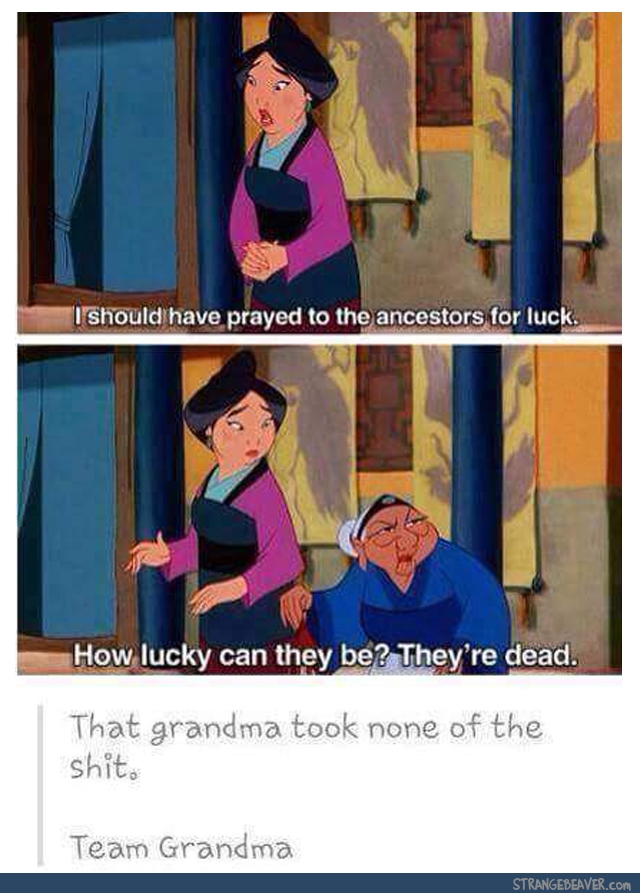an exhaustive scientific study of the causes of homosexuality showing that homosexuality is not inborn or fixed and that change is possible. Download My Genes Made me Do It!
Gregory M. Herek, Ph.D. Bibliography: Selected Abstracts : Herek, G.M. (1984). Beyond “homophobia”: A social psychological perspective on attitudes toward lesbians and gay …



The Associated Press delivers in-depth coverage on today’s Big Story including top stories, international, politics, lifestyle, business, entertainment, and more.
Executive Summary of “Sexuality and Gender: Findings from the Biological, Psychological, and Social Sciences”
Scientific research does not provide any evidence that gay men or lesbians are any more likely than heterosexuals to molest ren
Nov 06, 2013 · It’s been known for a while that it takes less than a second for people to use their internal “gaydar” to decide if they think a man is homosexual or heterosexual, and such snap judgements tend to be right. But can facial differences be used to distinguish between different types of gay men

Summary. Nagel took an ahistorical, prescriptive approach to the philosophy of science. He argued that most scientific hypotheses can be tested only indirectly.



Jun 11, 2012 · Also read William Saletan’s take on the new gay-parents study here. Not far beneath all the debate about marriage equality remains a longstanding conce


Religion, the Bible and same-sex marriages Menu The Bible & same-sex marriages (SSM) Sponsored link. There are no passages in the Bible that deal directly with same-sex marriage (SSM). Like abortion access, followers of the Bible have had to develop a position on SSM by using biblical passages dealing with othe

“The dismal science” is a derogatory alternative name for economics coined by the Victorian historian Thomas Carlyle in the 19th century. The term drew a contrast with the then-familiar use of the phrase “gay science” to refer to song and verse writing.